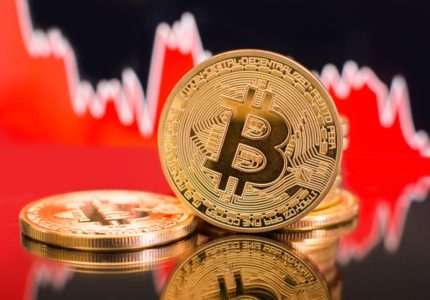John Cunliffe, deputy governor of the Bank of England, stated on Monday that the failure of the FTX cryptocurrency exchange is proof that a regulatory framework is required for the cryptocurrency industry.
The top 50 creditors of FTX, that have applied for the trader’s failure covering in the US, claim they are owed about three-billion-dollars.
The example of FTX
As last year’s crypto winter and last week’s FTX crash showed, the crypto world is either not currently big enough to pose a danger to the steadiness of the finance ecosystem or interacts with conventional money sufficiently.
Although it is unrelated to mainstream finance, Cunliff noted that these connections are quickly growing. He continued by saying that FTXs situation shows how urgently tighter controls need to be put in place by regulators.
At a Warwick Business School gathering, Cunliffe stated that the crypto crisis could have a more destabilizing effect, and a wide-ranging and appropriate effort is needed to create the necessary regulative network to forestall it.
The authorities can’t hold off until this materializes.
The way to operate legally
In order to obtain a license, UK crypto companies currently simply need to present that they are able to implement adequate regulation measures to prevent money washing and other criminal activities. However, many businesses have already been turned down.
A brand-new Commercial enterprise and Marketplaces Act that establishes prescripts for stable coins, crypto-assets endorsed by possessions with the characteristics of money, and the selling of crypto-assets has been approved in the UK.
According to Cunliffe, the Bank of England has launched a public consultation to clarify the regulations for stablecoins and how wallets and issuers can be compensated by coin holders on par with funds from commercial banks.
He promised to go into greater detail about how to set up.
In the near future, the Treasury will also discuss how to include entities and activities related to cryptocurrencies in regulative networks governing investor protection, market integrity, and other financial instrument-related activities.
A digital pound is a possibility that is being discussed individually by the Treasury and the Bank of England.

















